Apple has been testing a health-focused app that's aimed at diabetes prevention, reports Bloomberg's Mark Gurman. The app isn't slated for release, but it could help inform some of Apple's future products related to blood sugar management.

Select employees with prediabetes were invited to test the app, which offered assistance with food selection and lifestyle changes. Employees who participated confirmed that they had prediabetes with a blood test, and then actively monitored their meals and their blood sugar using glucose monitoring devices.
The app was used to demonstrate to employees how healthy and unhealthy food choices could impact their blood sugar and lead to disease progression. A significant glucose spike after a carbohydrate-heavy meal, for example, could encourage testers to consume more protein and make different choices. Intervening at the prediabetes stage could help millions of people avoid developing diabetes 2.
According to Gurman, Apple used the app to look at how blood sugar data could be used, and what future tools might be helpful for consumers. For the last several years, Apple has been working to add non-invasive blood glucose monitoring functionality to the Apple Watch. Currently, most blood sugar tests require a skin prick, but Apple is developing a method that uses optical absorption spectroscopy and lasers to determine the concentration of glucose in the body without puncturing the skin.
As of last year, Apple's work on blood glucose monitoring had reached a "proof-of-concept" stage. Apple has a functional prototype device, but it is still much too large to incorporate into a device the size of the Apple Watch. It will likely be several more years before Apple is able to release an Apple Watch that has noninvasive blood sugar tracking features.
In the meantime, Apple could develop more advanced food logging and glucose tracking tools for the Health app, expanding integration with third-party blood glucose monitors.


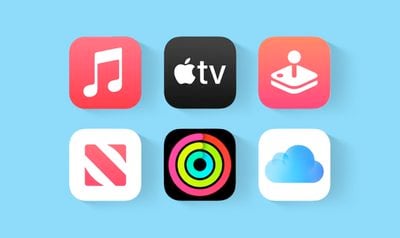



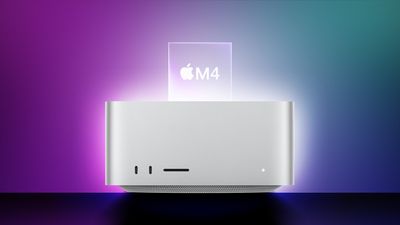
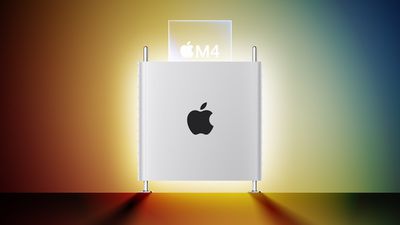
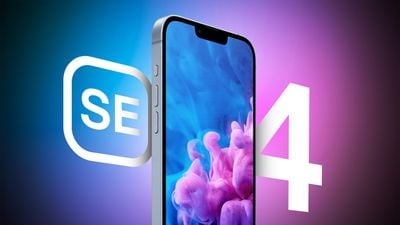
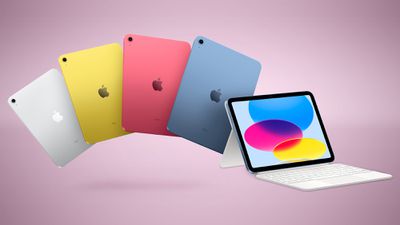




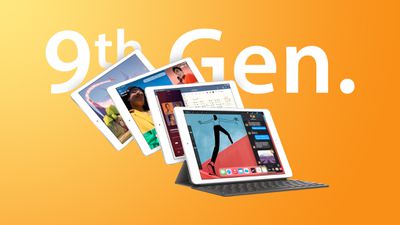

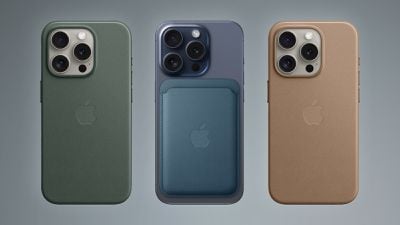

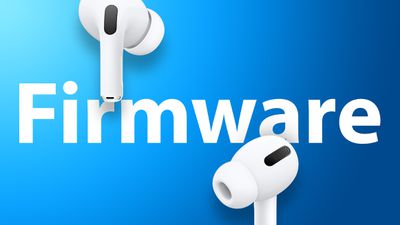



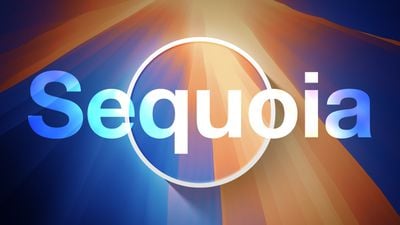


 A concept of a smaller Mac mini
A concept of a smaller Mac mini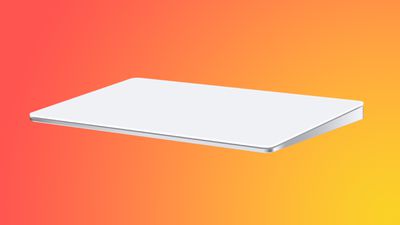




 Note: MacRumors is an affiliate partner with Amazon. When you click a link and make a purchase, we may receive a small payment, which helps us keep the site running.
Note: MacRumors is an affiliate partner with Amazon. When you click a link and make a purchase, we may receive a small payment, which helps us keep the site running.












